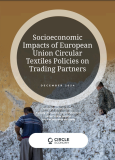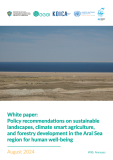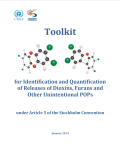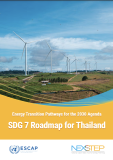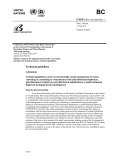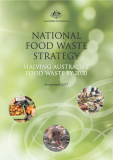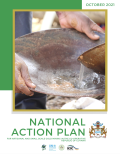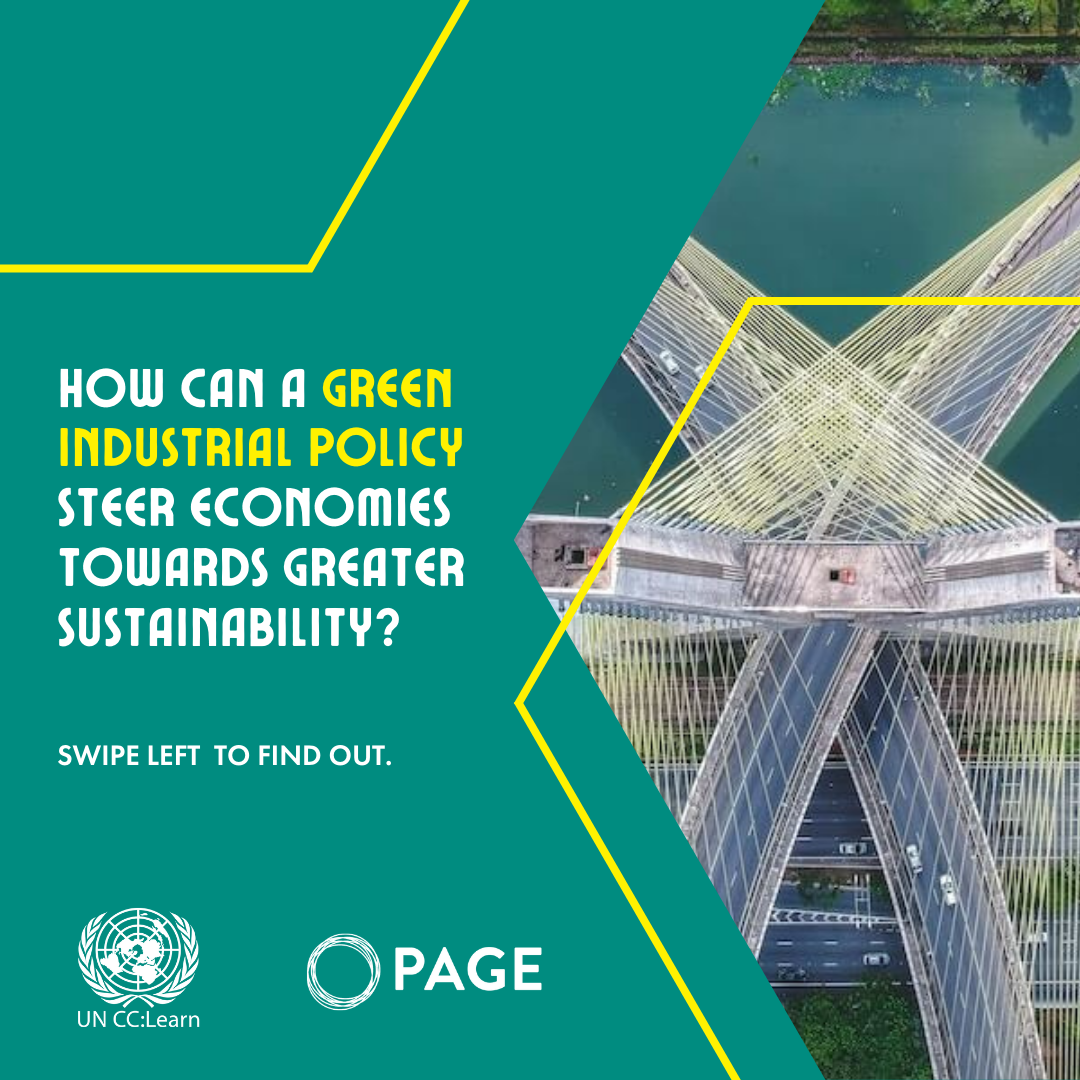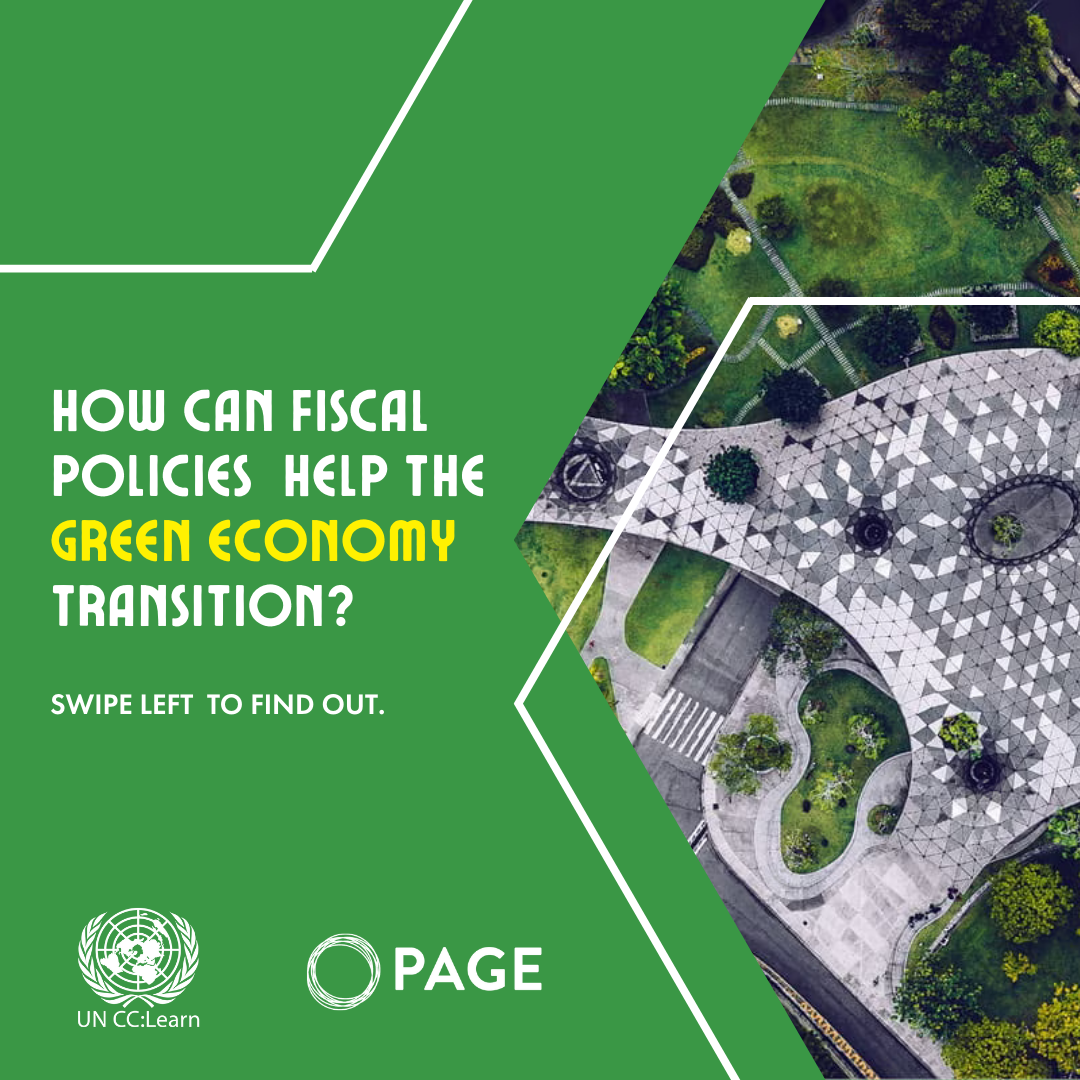
Fossil-fuel subsidies are environmentally harmful, costly, and distortive. Not only do they undermine global efforts to mitigate climate change, but they also aggravate local pollution problems, causing further damage to human health and the environment. They also represent a considerable strain on public budgets, draining scarce fiscal resources that could be invested in the education, skills, and physical infrastructure.
To help governments reform their fossil-fuel subsidies, the OECD produces and maintains an online Inventory of Support Measures for Fossil Fuels, which systematically identifies, documents, and estimates the value of support arising from more than 1,000 individual policies that encourage the production or consumption of fossil fuels. This unique source of information covers 44 countries, including all 36 OECD Members and a greater number of sub-national jurisdictions in the case of federations (e.g. all Canadian provinces, 11 US states, and 26 sub-national entities in China).
The OECD Inventory includes both direct budgetary transfers and tax concessions that in some way provide a benefit or preference for fossil fuel production or consumption. In that sense, the OECD Inventory promotes the transparency of public policies and government budgets, and a greater accountability about how public resources are used.











